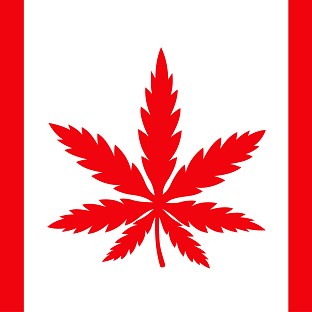RCMP have established an illegal "exclusion zone" at 28km on Gidimt'en land and are blocking Wet'suwet'en people, hereditary chiefs, food, medical supplies, and journalists.
Today, a Wet'suwet'en woman was blocked while trying to deliver heart medicine for a Cas Yikh elder.


Does anyone know the "Legal" background of this? Idk what rights Canada pretends to have over the land and I'm curious if they have some legal basis for building this pipeline or what even the background is.
AFAIK the legal background is that the Wet’suwet’ens have never acknowledged the legitimacy of the Canadian government, but that didn't stop the Canadians from designating them some of their own land and Canadian companies from buying the rights to send pipelines through it and Canadian police from arresting them when they try to prevent it.
To expand on what ssjmarx said, Canada's claim to land within its borders comes from the treaties the First Nations signed with the Crown (stand in for the Queen). A lot of First Nations territory in BC never actually had treaties signed; Canada's push to claim the west was partly to prevent the US from claiming it first so they worked fast and loose. This results in a lot of unsigned land being lumped into the category of "Crown land" (land owned by the government) and the government writing out permits to whatever company wants to fuck up the environment because they say it's their land now. Canadian courts usually treat this as Crown land and serve injunctions to anyone "interfering" with resource exploitation even if they legally own the land.
In this case, the traditional hereditary chiefs of each tribe of the nation are opposed to the CGL project and are leading this resistance. However, the government and CGL have the support of the "elected chiefs", the chiefs created by the racist Indian Act that are voted in based on more """western""" style """democratic""" governments. Laughably, the province of BC signed onto UNDRIP, which afaik means they still need to heed to the hereditary chiefs here.
So there's not really a legal basis except for the fact that the Canadian government says there's a legal basis, which is business as usual for settler colonial states.